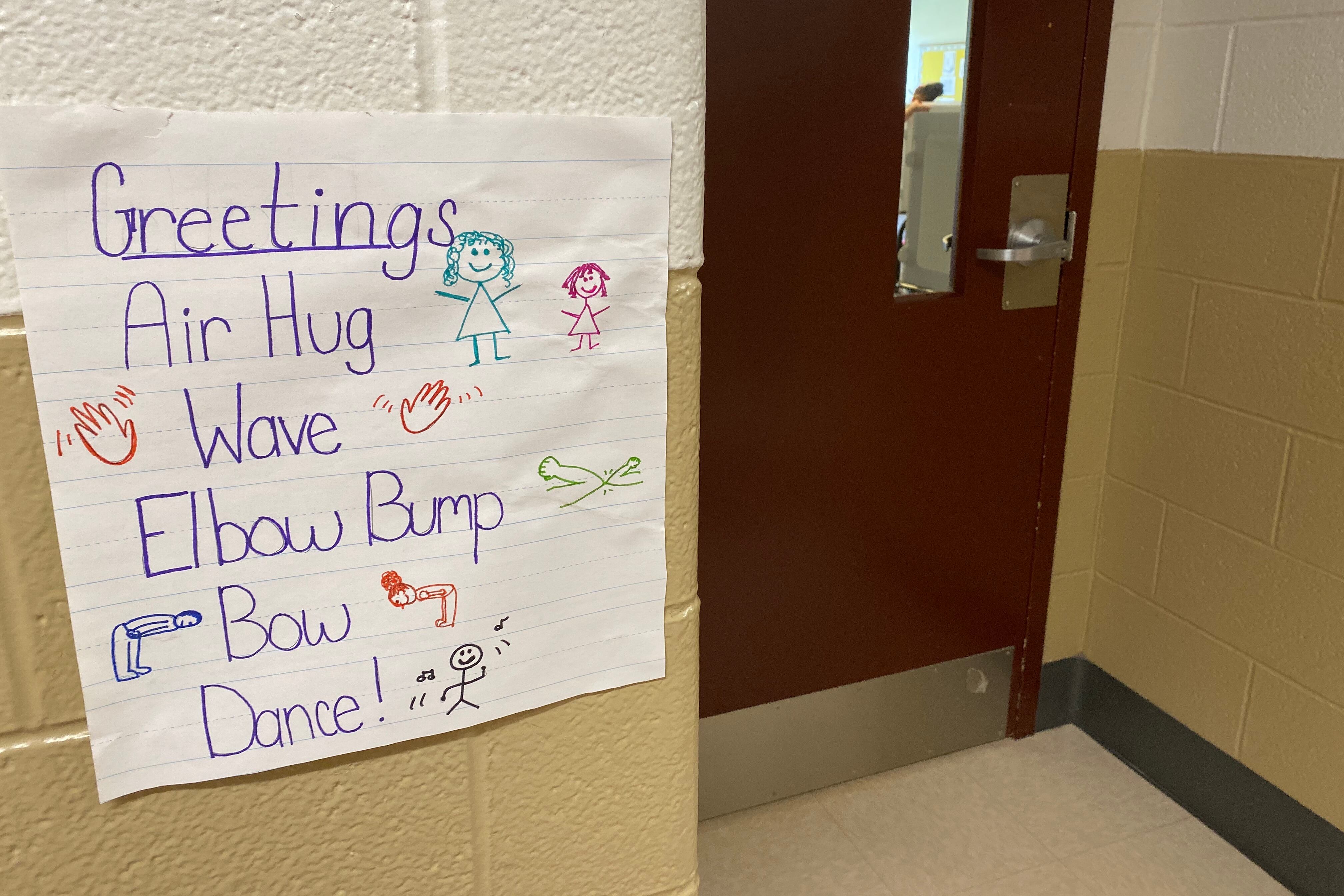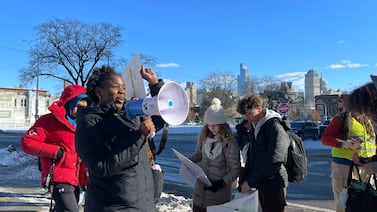To increase instructional leadership and help with COVID-19 contact tracing, Indianapolis Public Schools will add an assistant principal at 10 of its smaller schools next fall. To do that, the district will remove an assistant principal at larger campuses and will draw on funds reserved to address high student mobility.
Currently, the task of leading a school and managing additional work brought on by the pandemic is overwhelming principals, IPS Superintendent Aleesia Johnson said Thursday night. The board subsequently voted unanimously to require every school without an assistant principal to hire one.
“If you are a principal without an assistant, you are doing both sides of the balance beam,” Chief Schools Officer Nathalie Henderson said, referring to shouldering academic leadership and coronavirus tasks.
To fund the new assistant principals, the district will cut some of those positions at its largest campuses. Officials capped the number of assistant principals at three per campus; schools with more of those administrators will lose them. It may reassign the six current assistant principals whose current positions will disappear. The district also will tap $500,000 normally reserved to compensate schools that have had historically high student mobility.
The board’s mandate comes at a time when the district’s budget is strained. IPS enrollment has fallen by nearly 4%, or 1,200 students, from last fall. Because the state funds education per pupil, the district will receive $15 million less this school year.
In response to a question Thursday from board member Evan Hawkins, Johnson said that by eliminating the funds for schools with high student mobility, the district will lose a cushion to protect schools whose funding doesn’t match their fluctuating enrollment.
“Schools are going to need to be even more intentional about anticipating and planning for what shifts that come,” Johnson said.
She said school leaders will have to think about how they can make their campuses more appealing to their communities in order to increase and stabilize enrollment.
The board mandate contrasts with recent efforts to give principals more freedom over how they spend their budgets.







